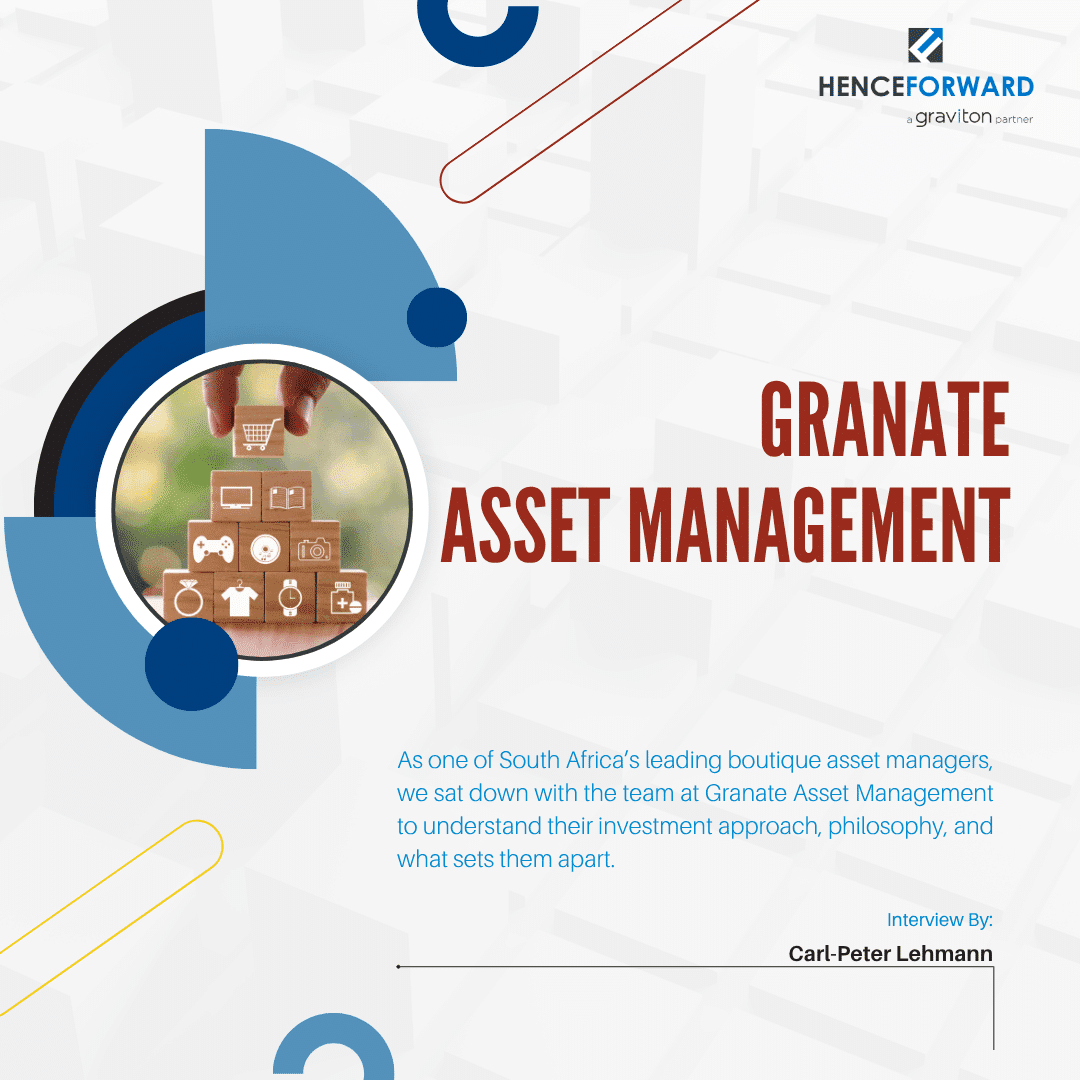Last Updated on 09/09/2025 by Carl-Peter Lehmann
If you’re a trustee, adviser, or beneficiary trying to navigate cross-border structures, the rules around South African trusts and offshore flows can feel opaque. As at September 2025, the position is clearer: resident trusts still can’t invest offshore directly via the usual personal allowances, but may distribute funds to an offshore trust that’s a named beneficiary – provided SARS and your bank (as Authorised Dealer) sign off, and you’ve modelled the post-2024 tax implications. This guide summarises what’s allowed, what’s changed, and the practical steps to do it right.

Quick answer (for busy readers)
1. Direct offshore investing by SA resident trusts: Not allowed via individual-style annual allowances.
2. Distributions to a foreign trust: Permitted (cash) if the foreign trust is a named beneficiary, SARS issues a Manual Letter of Compliance, and your bank processes the transfer under SARB rules.
3. Tax alert (from 1 March 2024): income vested in non-resident beneficiaries is taxed in the resident trust (often at 45%). Model before you move.
What changed since 2023
- SARB confirmed that income and capital distributions from resident inter vivos trusts can be transferred abroad—subject to SARS tax-compliance checks.
- SARS formalised a Manual Letter of Compliance process (document pack + verification) before any trust-to-trust offshore transfer will be allowed.
- Banks (as Authorised Dealers) align FX processes to these rules and verify your TCS PIN before releasing funds.
Can a resident trust invest offshore?
No … at least not directly. Trusts don’t have the R1m Single Discretionary Allowance or AIT-based foreign investment channels that individuals use. If you want global exposure inside the SA trust without exporting capital, consider asset-swap funds run by local managers (see “Alternatives”).
When (and how) can a resident trust pay a foreign trust?
A South African resident trust may make a capital (or income) distribution to a foreign trust if:
The foreign trust is a named beneficiary in the SA trust deed; and
The trustees pass a distribution resolution that complies with the deed; and
SARS issues a Manual Letter of Compliance; and
Your Authorised Dealer (bank) processes the transfer under SARB rules.
Plain-English takeaway: This route isn’t an “allowance” – it’s a case-by-case approval that hinges on clean tax and proper paperwork.

The big tax change (effective 1 March 2024)
Amendments to the conduit principle mean that income vested in a non-resident beneficiary (including a foreign trust) is taxable in the SA resident trust (generally at the trust rate). Practical implication: What used to be tax-efficient may now be costly. Before you distribute, compare the after-tax outcomes of:
- a trust-to-trust distribution,
- keeping exposure locally via asset-swap, or
- paying individuals who can then use personal allowances.
Step-by-step checklist (trust → offshore trust)
1. Deed & resolution
- Confirm the offshore trust is explicitly named.
- Minute a trustee resolution detailing amount, source of funds, and rationale.
2. SARS Manual Letter of Compliance
- Prepare the document pack: SA and foreign trust deeds, letters of authority, AFS, three-year assets & liabilities, bank/investment statements, source-of-funds proof, beneficiary schedule, proof all returns/taxes are up to date.
- Submit and obtain the Manual Letter.
3. Authorised Dealer processing
- Provide the SARS letter and TCS PIN.-
- Bank completes KYC/AML and executes the transfer under SARB rules.
4. Receiving trust onboarding
- Ensure the offshore trust’s bank/provider can satisfy UBO and AML checks.
- Keep a full audit trail of documents and FX flows.
Alternatives to consider
Asset-swap exposure (inside the SA trust):
Invest rands locally with a manager that uses institutional foreign capacity to buy offshore assets. You get global exposure; proceeds remain in rands. Useful where exporting capital is tax-inefficient or administratively heavy.
Individual allowances (outside the trust):
If appropriate, beneficiaries can receive distributions/loans and use their R1m SDA and AIT-approved transfers personally. This is not a trust allowance, but can be a cleaner route in some cases.
What’s still grey (and how to handle it)
In-specie vs cash: Guidance and practice point to cash distributions. Treat in-specie transfers (shares/property) as not allowed unless you secure explicit approvals.
Quantum limits: No fixed hard cap is published, but documentation intensity rises with transaction size and risk. Expect deeper due diligence on larger amounts.
Practical scenarios
- Family has a Jersey/Guernsey trust named in the SA deed:
Consider a capital distribution offshore—after SARS approval and bank processing. Re-model the post-2024 tax outcome for ongoing income. - Trust wants “offshore investments” but deed is silent:
Use asset-swap locally for global exposure; get legal advice on deed amendments. A deed change alone doesn’t create an exchange-control right.
Do Read: Our piece of discretionary and family trusts and the role they play in estate and legacy planning
FAQ on SA Trusts making distributions offshore
-
1. Can my SA trust invest offshore like I can personally?
No. Trusts don’t have individual-style allowances. Consider asset-swap or a vetted distribution to a named foreign trust.
-
2. Who do we apply to first—SARS or the bank?
Get the SARS Manual Letter first, then your Authorised Dealer executes the FX transfer.
-
3. How long does approval take?
It varies by complexity and documentation quality. The SARS process is manual and thorough; build in lead time.
-
4. Can we transfer listed shares “in-specie”?
Assume cash only unless you obtain explicit, case-specific approvals.
-
5. What changed for tax from 1 March 2024?
Income vested in non-resident beneficiaries is taxed in the SA trust (often at 45%). Always model the after-tax impact.
How Henceforward Can Help
We model the after-tax outcomes, prepare the SARS documentation pack, and coordinate with your Authorised Dealer so you can choose the cleanest path—trust-to-trust distribution, asset-swap, or individual routes. Because this is a complex, highly specialised area, we also introduce clients to trusted tax specialists with cross-border expertise to ensure everything is done correctly (SARS, SARB, exchange-control documentation, and potential double-tax considerations).
Disclaimer: This article is general information, not advice. Exchange control and tax rules change—obtain professional advice before acting.

Carl-Peter Lehmann
Carl-Peter Lehmann, CFP®, is a director at Henceforward Wealth & Family Office. He has 20+ years’ experience in wealth management, specialising in offshore investing and cross-border planning for South African families.





